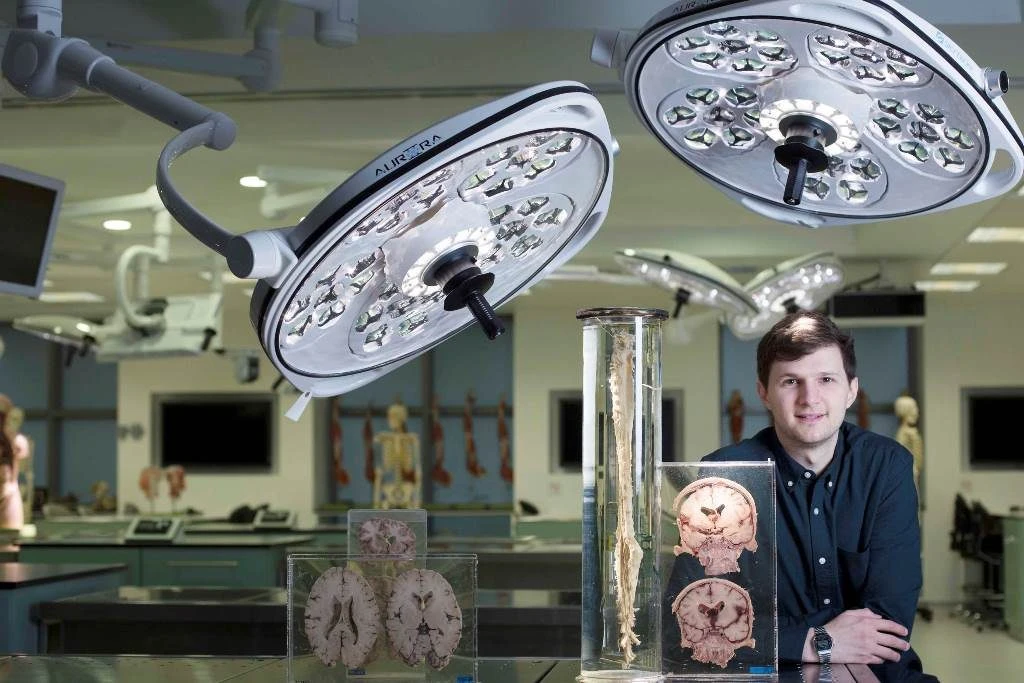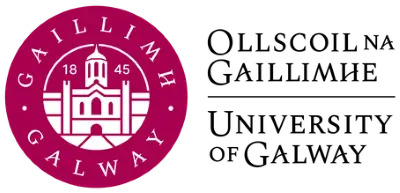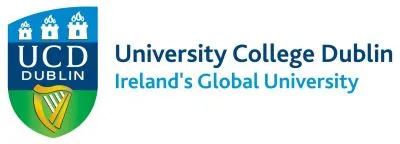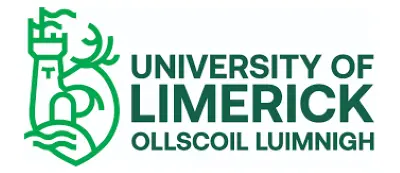News
Social Microbes

Social Microbes
RNA Splicing Activated By Social Interaction In Microbiome-Deficient Mice
Microbes influence the activity of our brain and our behaviour. In fact, the microbiome has been shown to affect social behaviour right across the animal kingdom. Germ-free mice, which grow up in a sterile environment and thus have no microbes in or on their bodies, have been shown to be less sociable than normal mice.
Cells in specific regions of the brains of animals must change the activity of their genes to show behaviours such as social interaction. This includes a region called the amygdala, which processes emotions and contributes to fear and anxiety responses. In this new study, APC researchers, led by Prof John Cryan, set out to determine whether gene activity in the amygdala during social interaction differs between germ-free mice, which have no bacteria, and mice with a normal microbiome.
“Germ-free mice were less sociable and spent less time than control animals interacting with an unfamiliar mouse” said Dr Roman Stilling, first author of the paper. “During social interaction, they displayed a strikingly different pattern of gene activity in the amygdala region of the brain compared to normal mice. The germ-free mice had increased levels of a process called “alternative splicing”. This enables cells to produce many different proteins from a single gene. “
“Increases in gene activity in the amygdala may provide clues to the processes underlying reduced sociability in people with autism spectrum disorders” said Prof John Cryan. “This new study deepens our understanding of the links between the microbiome and brain health.”
The new research is published in eLIFE.
Full reference: Social interaction-induced activation of RNA splicing in the amygdala of microbiome-deficient mice Roman M. Stilling Gerard Moloney, Feargal Ryan, Alan Hoban, Thomaz Bastiaansen, Fergus Shanahan, Gerard Clarke, Marcus Claesson, Timothy G. Dinan and John F. Cryan, eLIFE2018;7:e33070 https://doi.org/10.7554/eLife.33070.002






